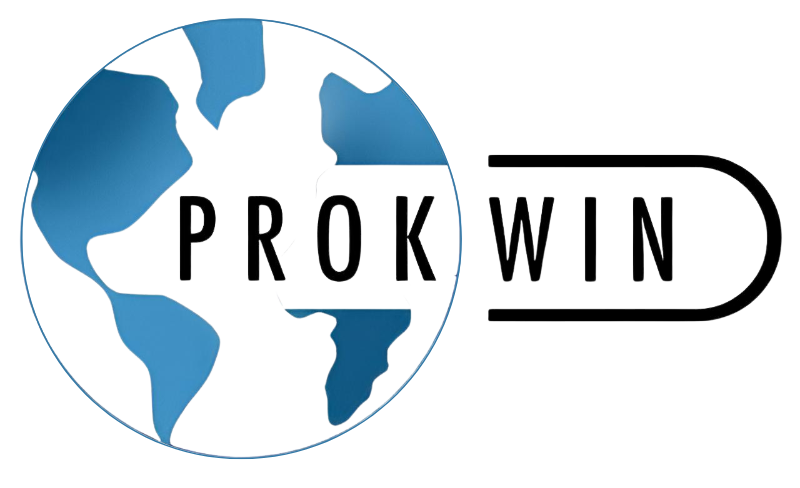Category management, a strategic procurement approach that focuses on optimizing the value derived from specific categories of goods and services, has become increasingly essential for organizations seeking to improve their bottom line, mitigate risks, and enhance supplier relationships.
Examples of Successful Category Management
- Walmart: Walmart has been a pioneer in category management, using advanced analytics to optimize its product assortment and negotiate better deals with suppliers. By leveraging data-driven insights, Walmart has achieved significant cost savings and improved customer satisfaction.
- GE Healthcare: GE Healthcare has implemented a comprehensive category management program to streamline its procurement processes and reduce costs. By categorizing its purchases and analyzing spending patterns, GE Healthcare has identified opportunities for consolidation and negotiation, resulting in substantial savings.
- Amazon: As a leading e-commerce giant, Amazon relies heavily on category management to optimize its vast product catalog. By carefully analyzing customer preferences and market trends, Amazon can identify emerging categories, adjust inventory levels, and negotiate favorable terms with suppliers.
The Future of Category Management with AI
Artificial intelligence (AI) is poised to revolutionize category management by providing organizations with new capabilities and insights. Here are some key areas where AI can enhance category management:
- Advanced Analytics: AI-powered analytics can process vast amounts of data to identify hidden patterns, trends, and anomalies. This can help organizations make more informed decisions about supplier selection, contract negotiation, and risk management.
- Predictive Modeling: AI can be used to predict future market trends, demand fluctuations, and supplier performance. This enables organizations to proactively adjust their procurement strategies and mitigate risks.
- Automated Sourcing: AI-powered sourcing platforms can automate tasks such as supplier identification, qualification, and negotiation. This can streamline the procurement process and reduce costs.
- Supplier Risk Assessment: AI can analyze supplier data to identify potential risks, such as financial instability or supply chain disruptions. This allows organizations to take proactive measures to protect their supply chains.
- Contract Management: AI can automate contract review, compliance monitoring, and performance evaluation. This can reduce the administrative burden associated with contract management and improve efficiency.
As AI continues to evolve, it is likely to play an increasingly important role in category management. By leveraging AI-powered tools and techniques, organizations can gain a competitive advantage, optimize their procurement processes, and drive long-term value.
AI Tools for Category Management
Here are some specific AI tools and the companies that develop them that are likely to play a significant role in category management in the future:
1. Predictive Analytics Tools
- SAP Ariba: Offers a suite of AI-powered tools for procurement, including predictive analytics for demand forecasting and supplier risk assessment.
- Coupa: Provides a cloud-based spend management platform with AI-driven analytics and insights.
2. Natural Language Processing (NLP) Tools
- IBM Watson: Offers a suite of NLP tools that can be used for contract analysis, supplier communication analysis, and other category management tasks.
- Google Cloud Natural Language API: Provides pre-trained models for tasks such as entity recognition, sentiment analysis, and syntax analysis.
3. Machine Learning Platforms
- Microsoft Azure Machine Learning: A cloud-based platform for building, training, and deploying machine learning models.
- Google Cloud AutoML: A platform that allows users to train custom machine learning models without requiring extensive machine learning expertise.
4. Robotic Process Automation (RPA) Tools
- UiPath: A leading RPA platform that can automate repetitive tasks such as data extraction, invoice processing, and purchase order creation.
- Automation Anywhere: Another popular RPA platform with a wide range of capabilities.
5. Blockchain Platforms
- Hyperledger Fabric: An open-source blockchain platform that can be used to track the movement of goods and services through the supply chain.
- IBM Blockchain Platform: A cloud-based blockchain platform with a focus on enterprise applications.
6. AI-Powered Chatbots
- Dialogflow: A natural language understanding platform that can be used to build chatbots for customer service and supplier support.
- Amazon Lex: A conversational AI service that can be used to build chatbots and voice-enabled applications.
These are just a few examples of the many AI tools that are available for category management. As AI technology continues to evolve, we can expect to see even more innovative tools and applications emerge in the future.
BONUS
CMs, not to worry, companies will still need Category managers and they will continue to be essential in the future, even with the advancements of AI. While AI can automate many routine tasks, it cannot fully replace the human judgment, creativity, and strategic thinking that are critical to successful category management.
While AI can provide valuable insights and automation, category managers will be responsible for interpreting data, making complex decisions, and ensuring that procurement activities are aligned with the organization’s overall goals. Their ability to think critically, problem-solve, and build relationships will remain indispensable.

No responses yet